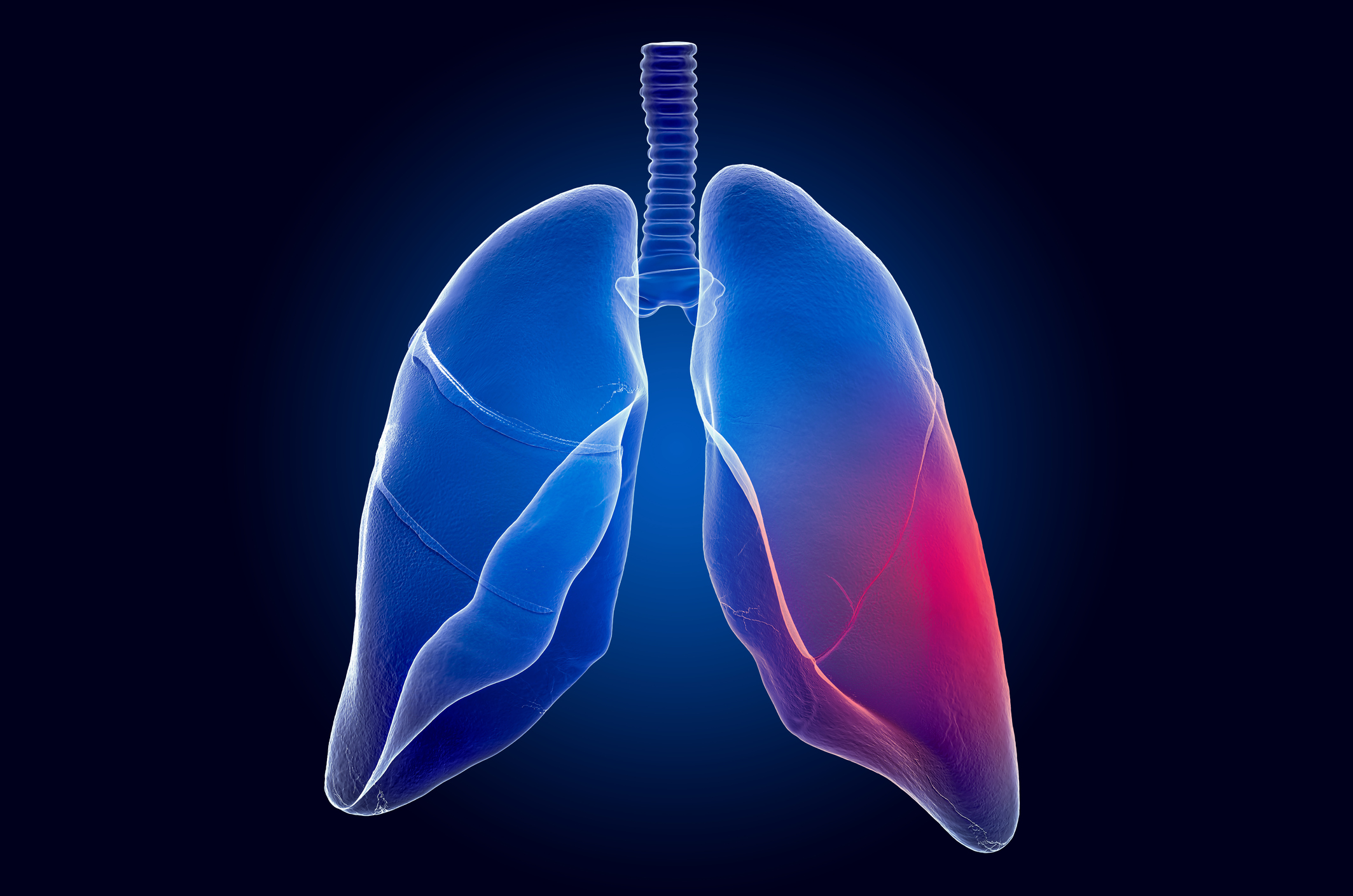Get Easy Health Digest™ in your inbox and don’t miss a thing when you subscribe today. Plus, get the free bonus report, Mother Nature’s Tips, Tricks and Remedies for Cholesterol, Blood Pressure & Blood Sugar as my way of saying welcome to the community!
The link between vitamin D, inflammation and COVID-19

Almost two years into the pandemic now and researchers are all still learning what can be done to stack the odds against COVID-19 or reduce the severity of the disease if we do end up with the virus.
Quite a bit of research has stacked up, including:
- Using melatonin appears to reduce the risk of testing positive by up to 52 percent.
- A honey plus ancient seed combo that may speed Covid-19 recovery.
- Higher omega-3 levels to reduce inflammation were associated with a lower risk of death from the virus.
- Leveraging CBD appeared to boost the innate immune system.
- Consuming a diet high in selenium was associated with COVID-19 survival.
- Getting more vitamin B6 appeared to reduce the risk of becoming severely ill from the virus.
And of course, there’s been no shortage of recommendations to increase vitamin D levels.
Now researchers are looking into an active metabolite of vitamin D that may help shut down dangerous levels of inflammation seen in patients with severe COVID-19.
The damage caused by T cells and the fires of inflammation
One of the worst (and most dangerous) effects of SARS-Cov-2 is the virus’s ability to skyrocket the level of inflammation throughout your body, in particular the inflammation that happens in the lungs.
A research team from Purdue University and the National Institutes of Health analyzed individual lung cells from eight people with COVID-19. They found that with a COVID-19 infection, the T cells in your lungs can go into overdrive, exacerbating lung inflammation.
“In normal infections, Th1 cells, a subset of T cells, go through a pro-inflammatory phase. The pro-inflammatory phase clears the infection, and then the system shuts down and goes to anti-inflammatory phase,” says According to Majid Kazemian, assistant professor in the departments of Computer Science and Biochemistry at Purdue University, and co-lead author of the study.
“Vitamin D helps to speed up this transition from pro-inflammatory to the anti-inflammatory phase of the T cells. We don’t know definitively but theorize the vitamin could potentially help patients with severe inflammation caused by Th1 cells.”
In patients with COVID-19, the pro-inflammatory phase of the Th1 cells does not appear to switch off, possibly because the patients didn’t have enough vitamin D in their system or because something about the cell’s response to vitamin D was abnormal.
In that case, the researchers speculate that adding vitamin D to existing treatments in the form of a prescribed highly concentrated intravenous metabolite may further help people recover from COVID infections.
Vitamin D’s potential still being researched
The scientists say further research, especially clinical trials and testing in patients, are necessary to test their theory before this can be adopted as a treatment option.
And it is important to note that the study used a specialized form of the vitamin, not the form you can get in a drugstore.
Even though vitamin D is no cure for the virus, during the height of the pandemic, 120+ health, science and medical experts signed an open letter to the governments of the world, calling for the “immediate widespread increase” of the consumption of vitamin D.
For COVID-19 vaccine info, visit the CDC.
Editor’s note: There are perfectly safe and natural ways to decrease your risk of blood clots including the 25-cent vitamin, the nutrient that acts as a natural blood thinner and the powerful herb that helps clear plaque. To discover these and other secrets of long-lived hearts, click here for Hushed Up Natural Heart Cures and Common Misconceptions of Popular Heart Treatments!
Sources:
Researchers study the link between vitamin D and inflammation – EurekAlert!













